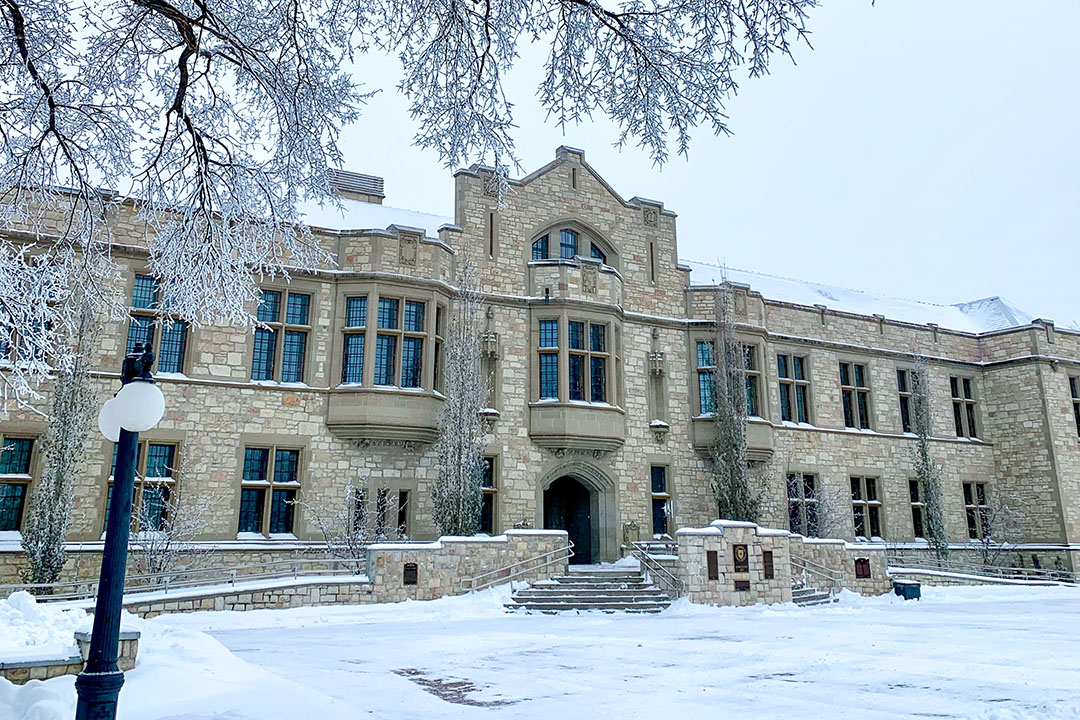
Reflections on Black History Month and Indigenous Achievement Week
February is Black History Month in Canada, and at our university it is also the month in which we hold Indigenous Achievement week. Both are celebrations of the stories, history, and accomplishments of Indigenous and Black Canadians. It is also a reminder of the challenges all members of the Black, Indigenous and People of Colour (BIPOC) community have faced and continue to face here in Saskatchewan and across Canada in seeking equality and respect.
Unfortunately, before the month started, we were again reminded of the sad realities of racial and religious hate when the Muslim Student Association’s online memorial of the Quebec Mosque shootings was disrupted by racist comments and actions. Disgraceful acts such as these force all of us to re-assess where we are as a civil society, and the inescapable conclusion is that we must do better.
As I wrote last summer, universities such as ours, benefitting from the diverse perspectives of thousands of students, faculty, staff and alumni, can positively change behaviour and understanding in ways no other kinds of institutions can. I continue to believe this is true.
Our mission statement commits us to “promoting diversity and meaningful change.” Acts of racism strengthen our resolve to live up to that commitment; to be the best place we can be with and for all USask students, faculty and staff; and to be a welcoming place for all people of colour and ethnicity, for all religious faiths, for all sexual identities. The disproportionate impact of COVID-19 on the BIPOC community in Canada and beyond exposes again the imperative for us as a university community to work toward justice, equity, inclusion and reconciliation.
While we have a long way to go in this regard, we continue to make progress. Recently our three governing bodies approved our new EDI Policy and Action Plan. It states that “all members of the university community share the responsibility for creating a supportive and inclusive environment.” Last month, I appointed Dr. Verna St. Denis (PhD) as the Special Advisor to the President on Anti-Racism. In that role she will chair the committee on anti-racism and anti-oppression, and develop policy and educational campaigns on anti-racism. An anti-racism Memorandum of Understanding (MOU) between USask and the University of Saskatchewan Students’ Union (USSU) is close to being finalized, and I thank the USSU executive for its proactive role in the MOU’s development.
Although the pandemic prevents us from gathering together, I encourage you to join the USask campus community in celebrating and honouring virtually the achievements and legacies of our BIPOC members. There is indeed much to celebrate. During Indigenous Achievement Week we honoured our First Nations, Métis, and Inuit students, faculty, staff and alumni for their academic achievement, leadership, research, resiliency and community engagement. In that same week, Elder and Indigenous Advisor Louise Bernice Halfe – Sky Dancer was named Canada’s ninth Poet Laureate.
USask medical students have created the Black Medical Student Association to encourage more Black students to study in the college, part of an effort across the 17 Canadian medical schools to address the barriers faced by students of colour. And this month, the university is further recognizing Black History Month with weekly feature stories of accomplished Black alumni from across the university, such as last week’s feature on Ashley Tshala (BSc ’16, MD ’20).
As a university community, at a time when the world needs universities more than ever, we have the opportunity, and we have the influence, to build and shape the world we want. Together, let us ensure we do so.
Peter Stoicheff
President and Vice-chancellor
University of Saskatchewan

